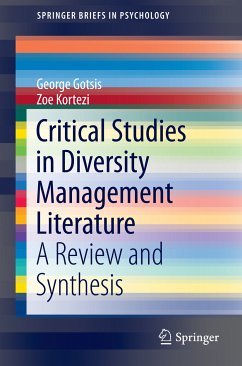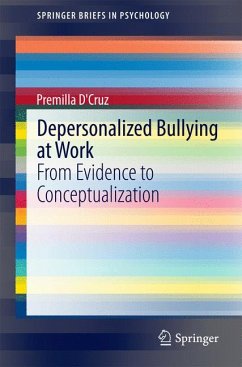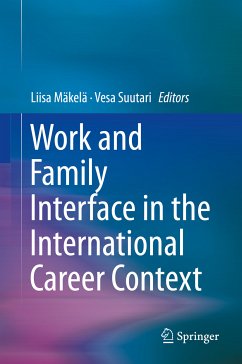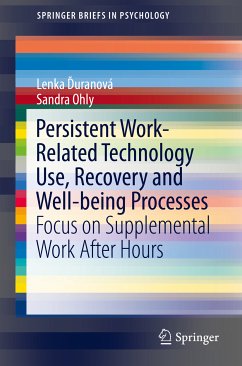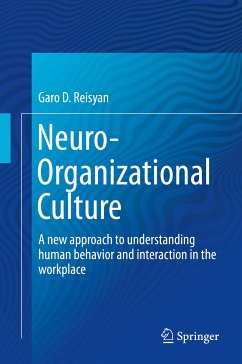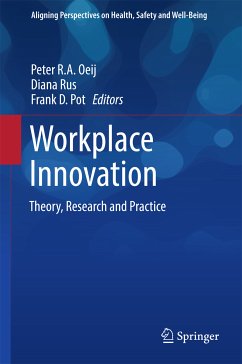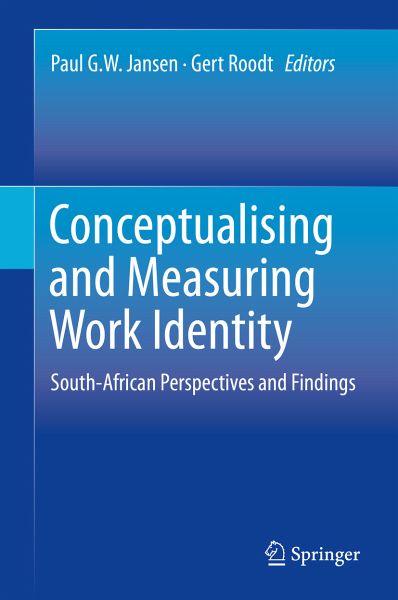
Conceptualising and Measuring Work Identity (eBook, PDF)
South-African Perspectives and Findings
Redaktion: Jansen, Paul G. W.; Roodt, Gert
Versandkostenfrei!
Sofort per Download lieferbar
72,95 €
inkl. MwSt.
Weitere Ausgaben:

PAYBACK Punkte
36 °P sammeln!
This book provides a systematic overview on issues and challenges related to work identity and identification at work in the 'new' South African workplace. It shares results and measures of a work identity research project that was conducted in a variety of modern South African workplaces. It looks at the concept of work identity in the light of a keen and growing interest in why people are becoming attached to, involved in, engaged with, or committed to their work. Still a relatively unexplored concept, built on the foundations of different identity theory streams, the concept of work identit...
This book provides a systematic overview on issues and challenges related to work identity and identification at work in the 'new' South African workplace. It shares results and measures of a work identity research project that was conducted in a variety of modern South African workplaces. It looks at the concept of work identity in the light of a keen and growing interest in why people are becoming attached to, involved in, engaged with, or committed to their work. Still a relatively unexplored concept, built on the foundations of different identity theory streams, the concept of work identity provides a fundamental reconsideration of explaining engaging behaviours at work. Against the backdrop of a changing political and economic landscape and the impact these radical changes had on the South African workplace, the main research question of the project was the South African employees' question 'Who am I at work?'. In search of the answer to that question, the book explores the impact of South African employees' life spheres and life roles on their choice of work-related identification foci. It further explores how identity work tactics and strategies are being used to develop and define their own work identities, resulting in the conceptualisation and development of a work-based identity measure.
Dieser Download kann aus rechtlichen Gründen nur mit Rechnungsadresse in A, B, BG, CY, CZ, D, DK, EW, E, FIN, F, GR, HR, H, IRL, I, LT, L, LR, M, NL, PL, P, R, S, SLO, SK ausgeliefert werden.




